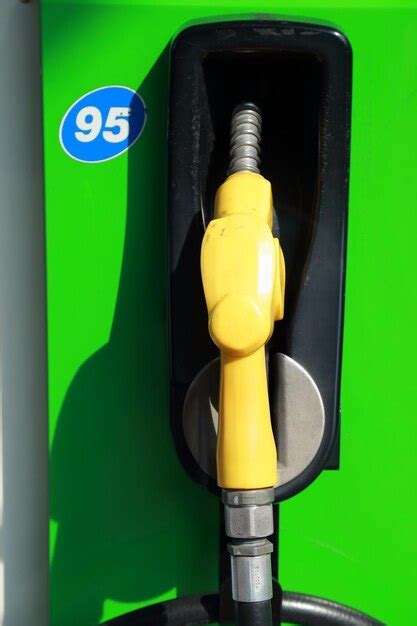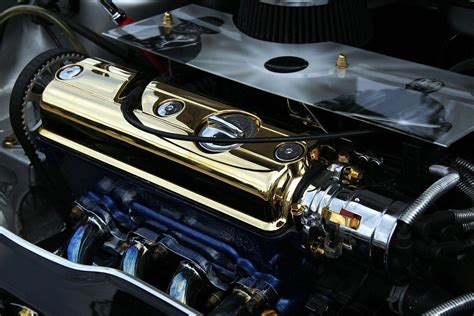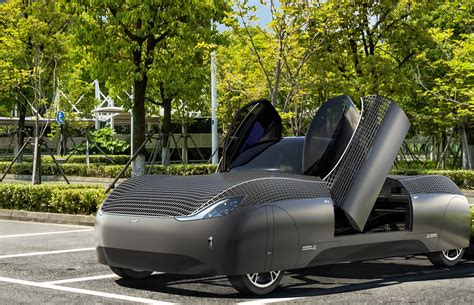Unraveling the Premium Fuel Debate: Performance, Longevity, and Your Wallet
The choice at the gas pump often presents a dilemma: regular or premium? Many car owners wonder if shelling out extra for higher-octane fuel will boost their vehicle’s performance, extend its engine life, or even deliver better miles per gallon (MPG). The truth, however, is more nuanced than simple marketing suggests, and for most drivers, the answer might surprise you.

Understanding Octane Ratings and Engine Design
First, let’s clarify what premium fuel actually is. The ‘premium’ designation refers to the fuel’s octane rating – typically 91 or higher, compared to regular’s 87. Octane measures a fuel’s resistance to pre-ignition, or “knocking.” Knocking occurs when the air-fuel mixture ignites spontaneously before the spark plug fires, which can damage an engine over time.
Modern engines, especially those with high compression ratios, turbochargers, or superchargers, are precisely engineered to take advantage of premium fuel’s higher octane. These engines require premium fuel to prevent knocking and operate efficiently. Your car’s manufacturer specifically designs its engine’s timing and fuel delivery systems around a certain octane level, which is always specified in your owner’s manual.

When Premium Fuel is Truly Necessary (and When It’s Not)
The golden rule is simple: always follow your car manufacturer’s recommendation. If your owner’s manual states “premium fuel required,” then using anything less can lead to engine knocking, reduced performance, and potential long-term damage. Most modern cars designed for regular unleaded have knock sensors that can detect pre-ignition and adjust engine timing to compensate. While this prevents damage, it often results in a slight decrease in power and efficiency.
Conversely, if your manual states “regular fuel recommended” or “premium fuel recommended but not required,” putting premium fuel in your tank is largely a waste of money. Your engine is not designed to utilize the higher octane, and it won’t magically unlock extra horsepower or significantly extend engine life. The car’s computer will simply ignore the extra octane because it can’t advance the timing beyond what it was programmed for.

Debunking Performance and Engine Life Myths
A common misconception is that premium fuel “cleans” your engine better or makes it run smoother. While all gasoline contains detergents to prevent deposits, the quality and type of these detergents are regulated and present in both regular and premium grades from reputable brands. There’s no inherent cleaning advantage to premium fuel itself.
For vehicles not requiring it, premium fuel does not offer a performance boost. Your engine’s output is determined by its design, not by putting in fuel it cannot fully utilize. Similarly, there’s no evidence to suggest that using premium fuel in a car designed for regular unleaded will extend its engine life. Engine longevity is far more influenced by regular maintenance, proper oil changes, and good driving habits than by the octane rating of your fuel.

Maximizing Your MPG Now (Regardless of Fuel Type)
If your goal is to maximize your car’s fuel economy, focusing on engine health and driving habits will yield far greater results than simply upgrading to premium fuel when it’s not required. Here are practical tips:
- Regular Maintenance: Keep your engine tuned up, change oil and filters as recommended, and ensure spark plugs are in good condition. A well-maintained engine runs more efficiently.
- Tire Pressure: Properly inflated tires reduce rolling resistance, which can significantly improve MPG. Check your tire pressure monthly.
- Smooth Driving: Avoid aggressive acceleration and hard braking. Smooth, steady driving uses less fuel. Use cruise control on highways.
- Reduce Idling: If you’re stopped for more than 30 seconds, it’s generally more fuel-efficient to turn off your engine.
- Lighten the Load: Remove unnecessary weight from your car, especially heavy items in the trunk or roof racks that create aerodynamic drag.
- Aerodynamics: Close windows at highway speeds and remove roof racks when not in use.

The Verdict: Spend Wisely
In conclusion, premium fuel is essential for cars explicitly designed to use it, providing optimal performance and preventing engine damage. However, for the vast majority of vehicles, using premium fuel when regular is recommended offers no measurable benefits to performance, engine life, or fuel economy, making it an unnecessary expense. Instead, focus your efforts on diligent maintenance and smart driving techniques to truly maximize your car’s MPG and ensure its longevity.




